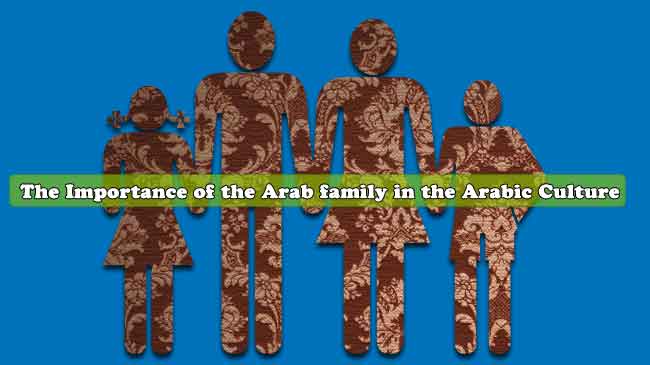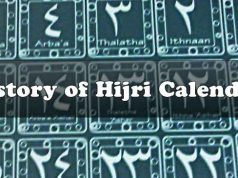Western media has given the notion that a perfect family consists of a father, a mother and their kids. Arab culture actually gladly incorporates extensions of their bloodlines. In this case, loyalty to family is of great importance, even more than to one’s own country. One of the important things in life to a typical Arab is his or her own kin. The traditional structure of an Arab family always had family as the foundation. An Arab family can vary in size with the inclusion of grandparents, cousins, etc. There are even separate words denoting a large or small family. It’s not surprising that entire clans would choose to live close to each other. An Arab family celebration is done together and business or political meetings tend to be large. This creates a very powerful sense of community and belonging. An Arab family member is expected to defend their family’s honor. Priority over persons may even be determined by how closely related you are. The most loyal would even abandon their jobs or businesses entirely in order to attend to family members.
Educating children in the Arab Family
Children are taught to honor and respect their elders along with loyalty to one’s family. It is standard for family elders to teach responsibility and individuality to their young. Children are expected to continue traditions and later take family responsibilities. Reputation is very valuable in Arab culture. Not just of yourself, but that of family. This explains why Arabs are typically disciplined in public. It’s part of childhood training. Shaming oneself can also shame the entire clan.
The parents’ role in the Arab Family
The mother is, perhaps, the most valued member in the Arab family. In fact, Mother’s Day is celebrated in many Arabic countries. The task of raising the next generation falls to her. While fathers are expected to be the financial head, mothers are in-charge of the entire household. Children often interact with the women of the family. Mothers not only teach lessons to children but also pass down techniques to future mothers.
There’s a lot of pressure being a father in an Arab family. While they share parental roles with the mother, they are more prominent in being the bread winners. With that, they are practically the physical embodiment of family honor and thus are more susceptible to losing or gaining reputation. While there are cases of fathers brutally beating up their own family members, such practice is actually frowned upon and can even be illegal in some Arabic countries. The Father, like the mother, also serves as role models in the rearing of children
So why do we need the family
Being part of an Arab family would give you a sense of security because each family member is looking out for each other. It’s no wonder that the Arabs kept the family tradition alive. Survival is at its optimum peak as you have many relatives to back you up. Family is also keen with personal issues. Problems are kept in closed discussions to preserve reputation. With a clan like that, wouldn’t you feel great loyalty as well?









